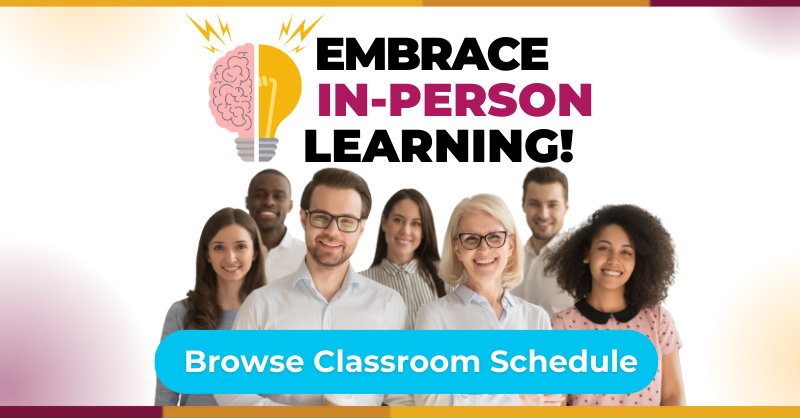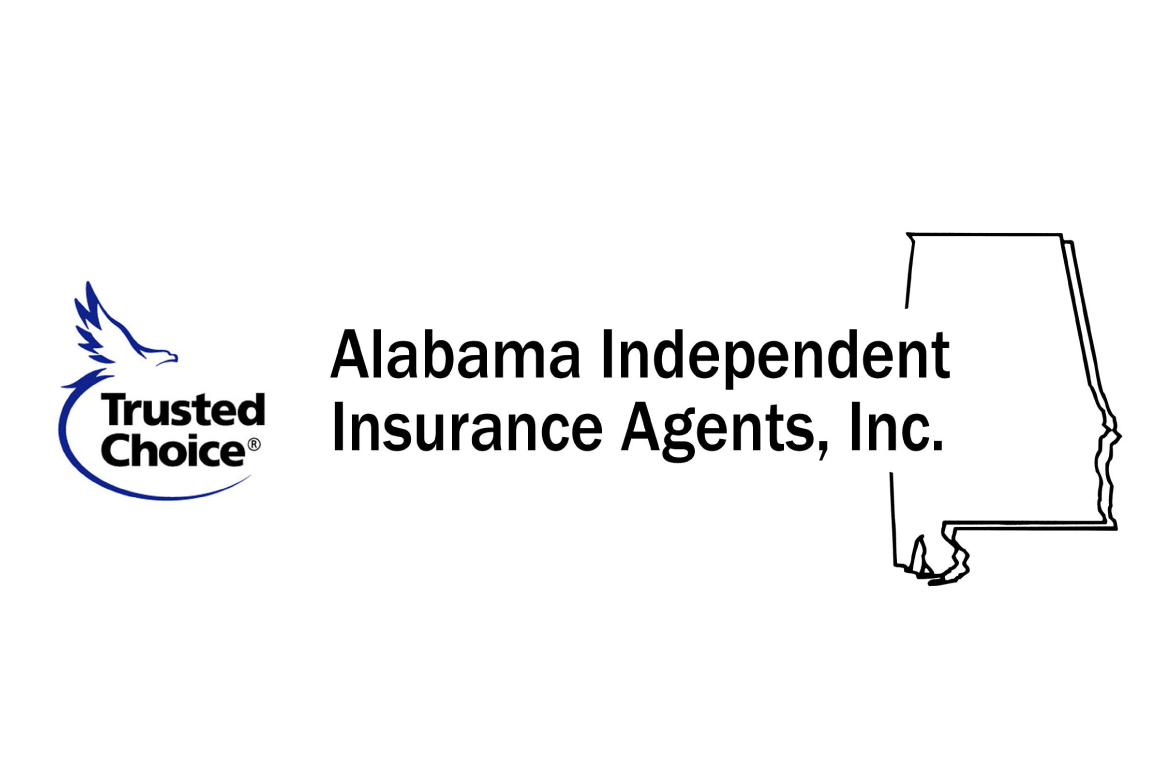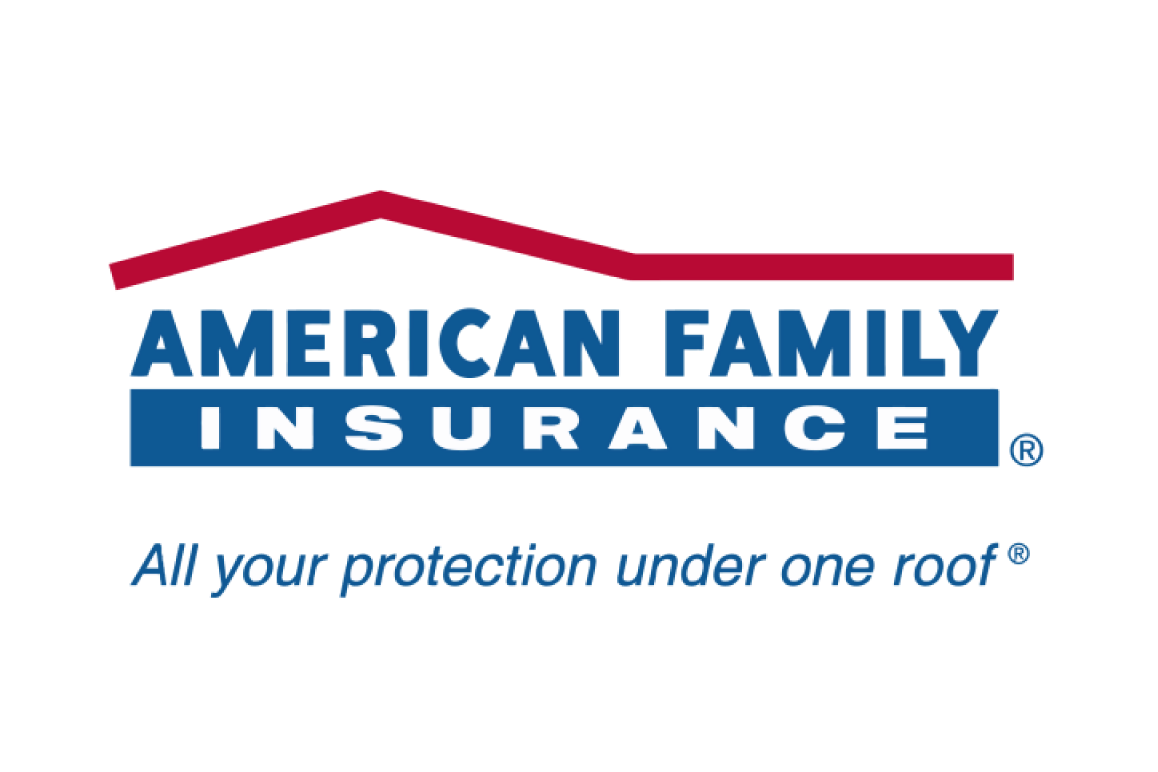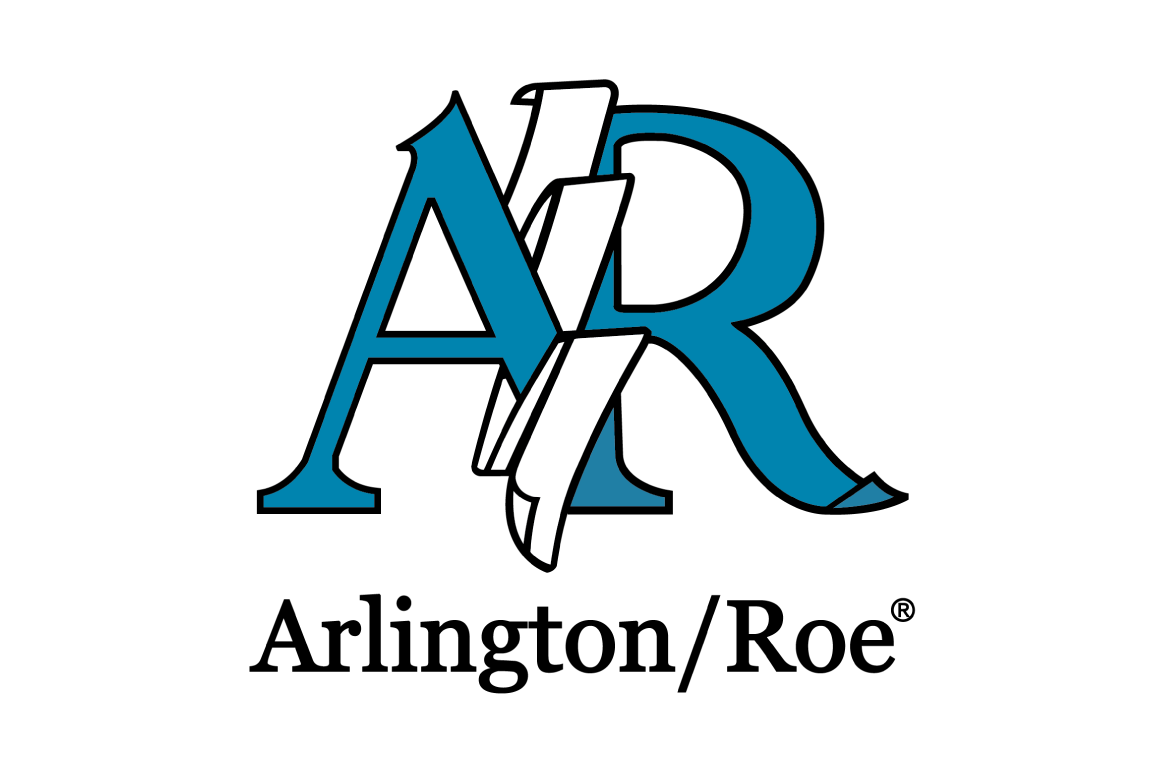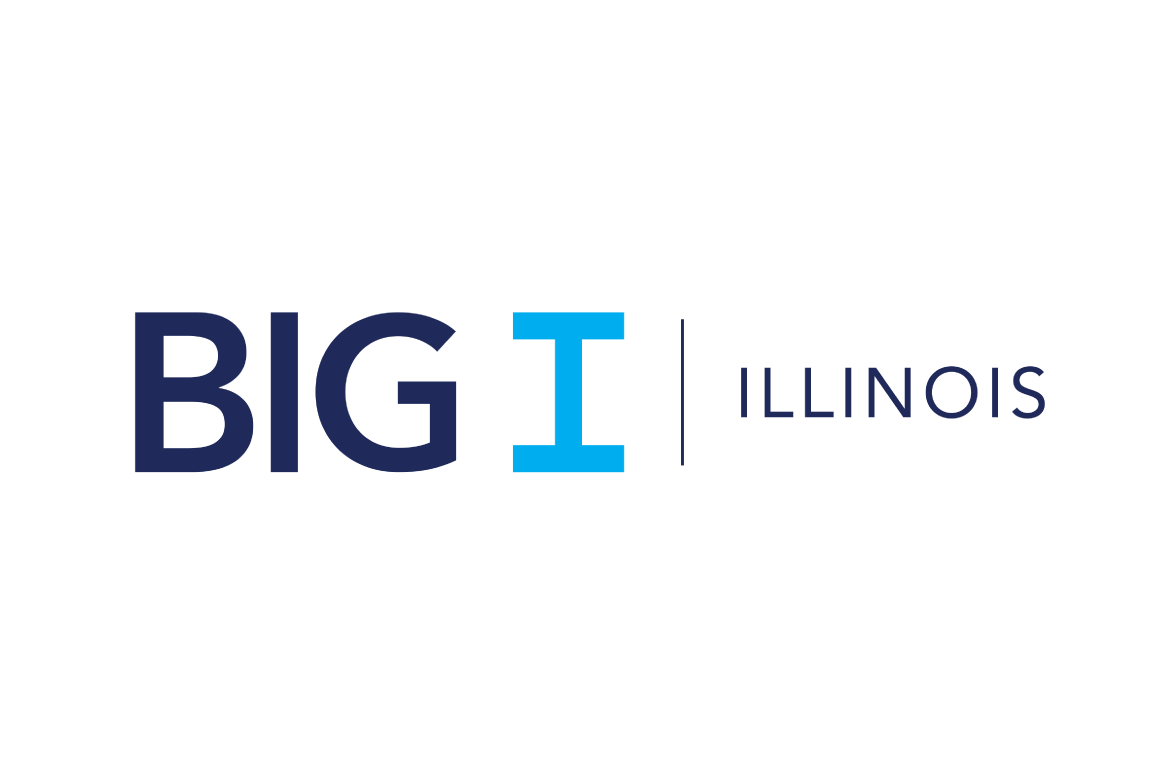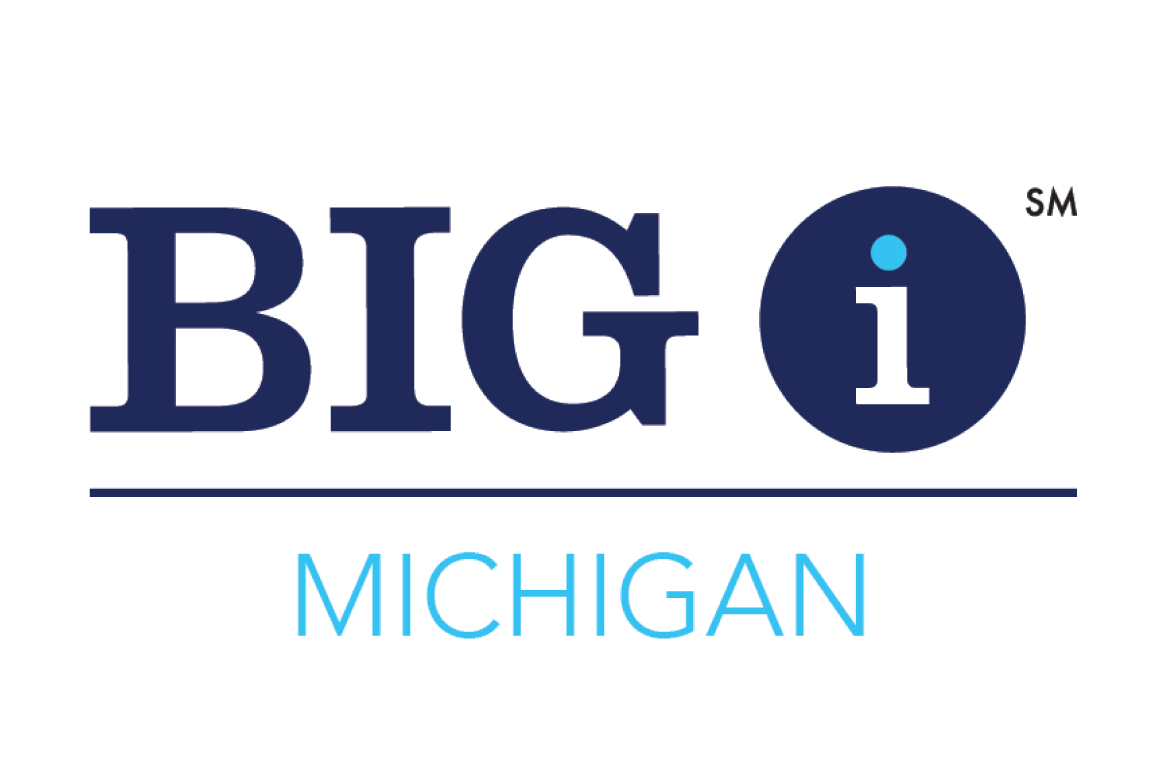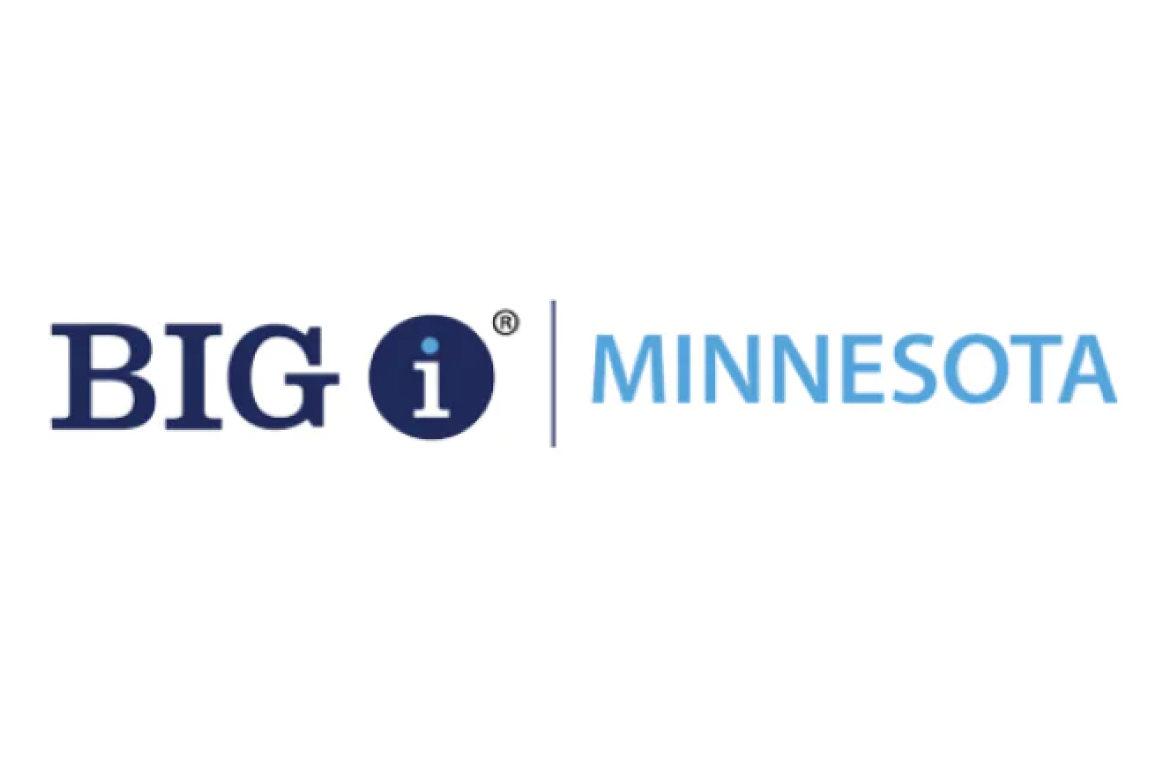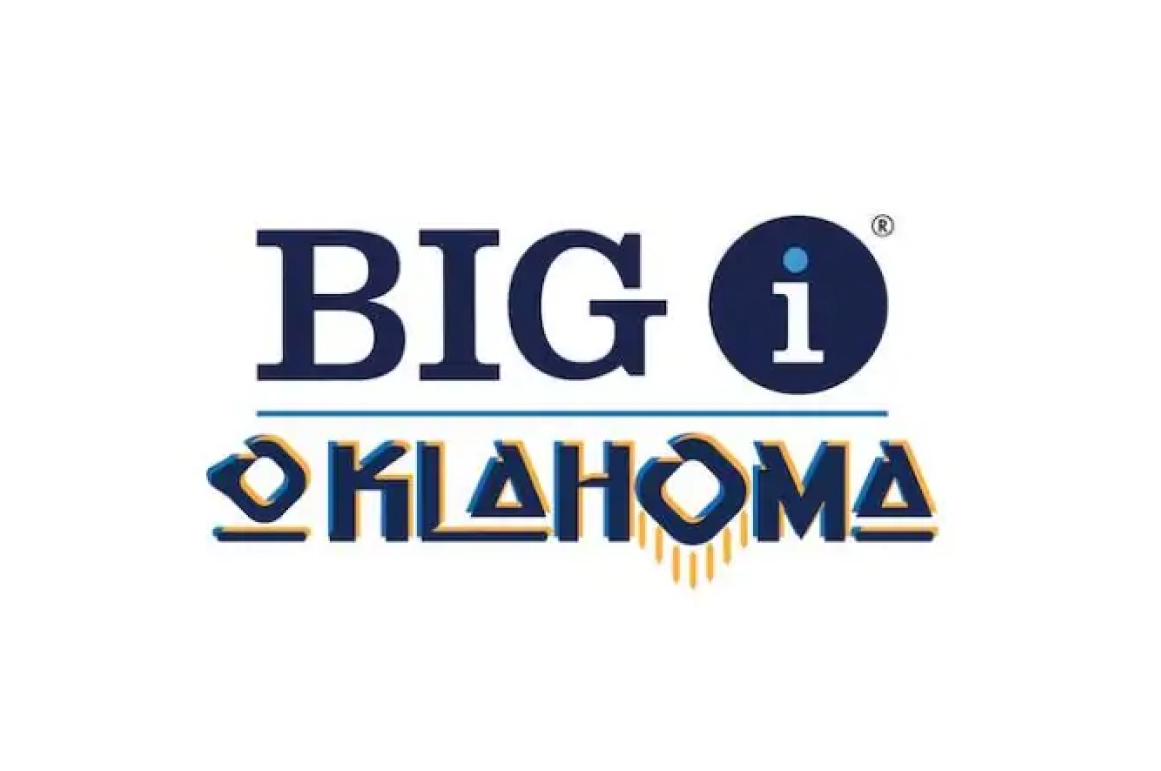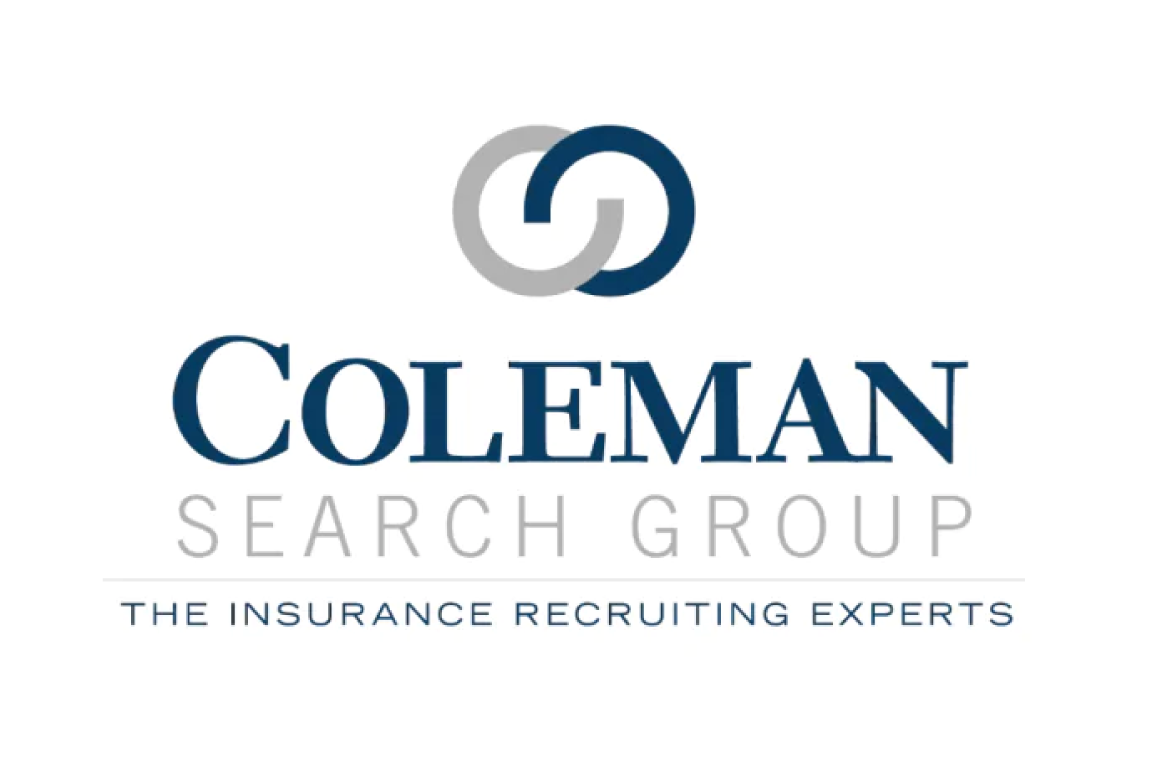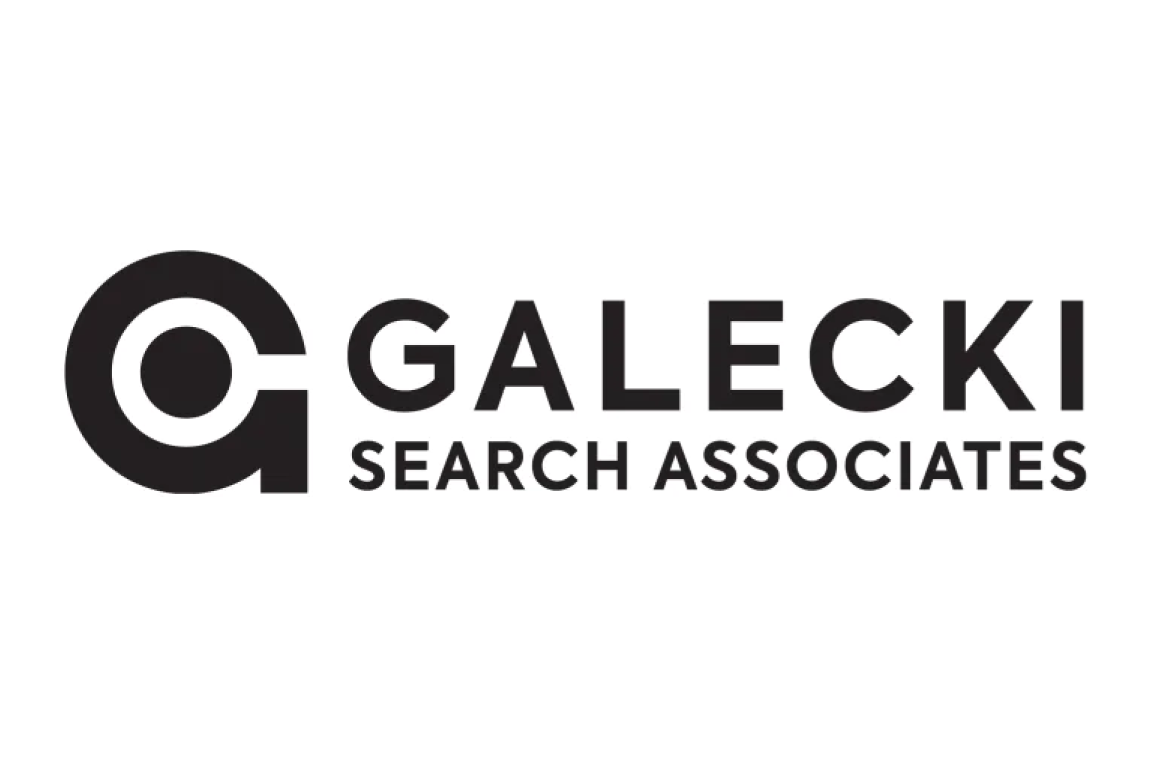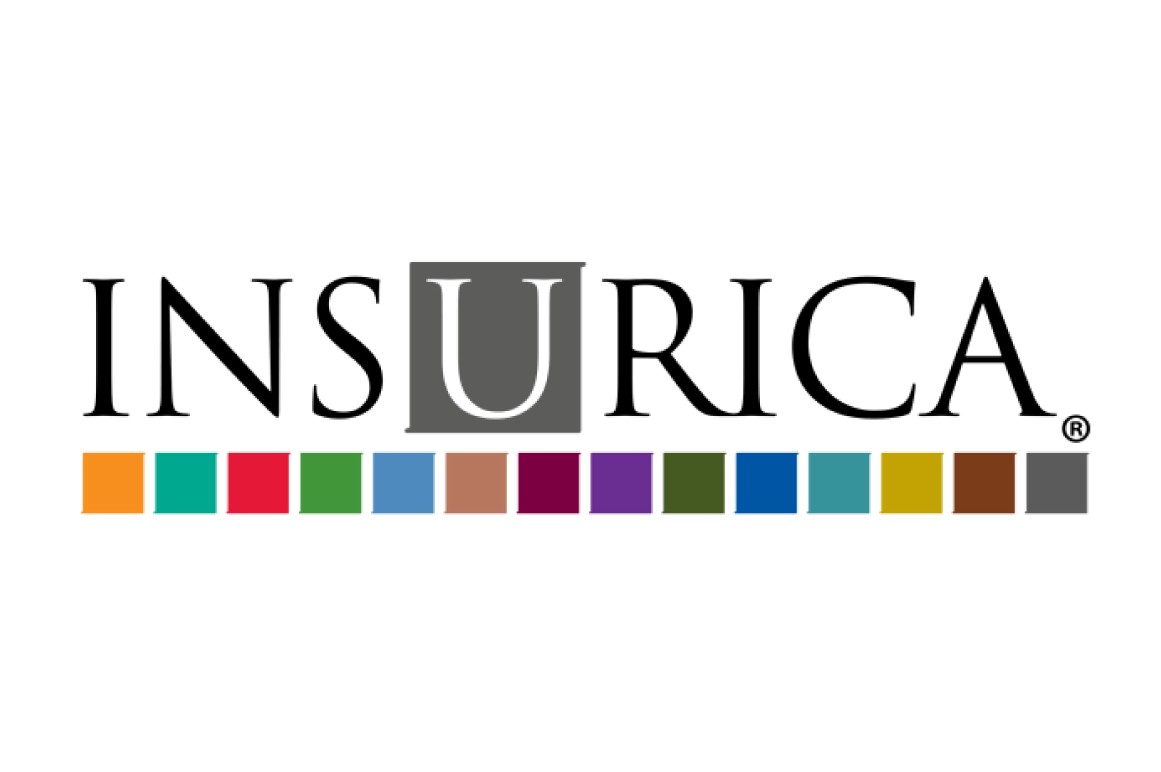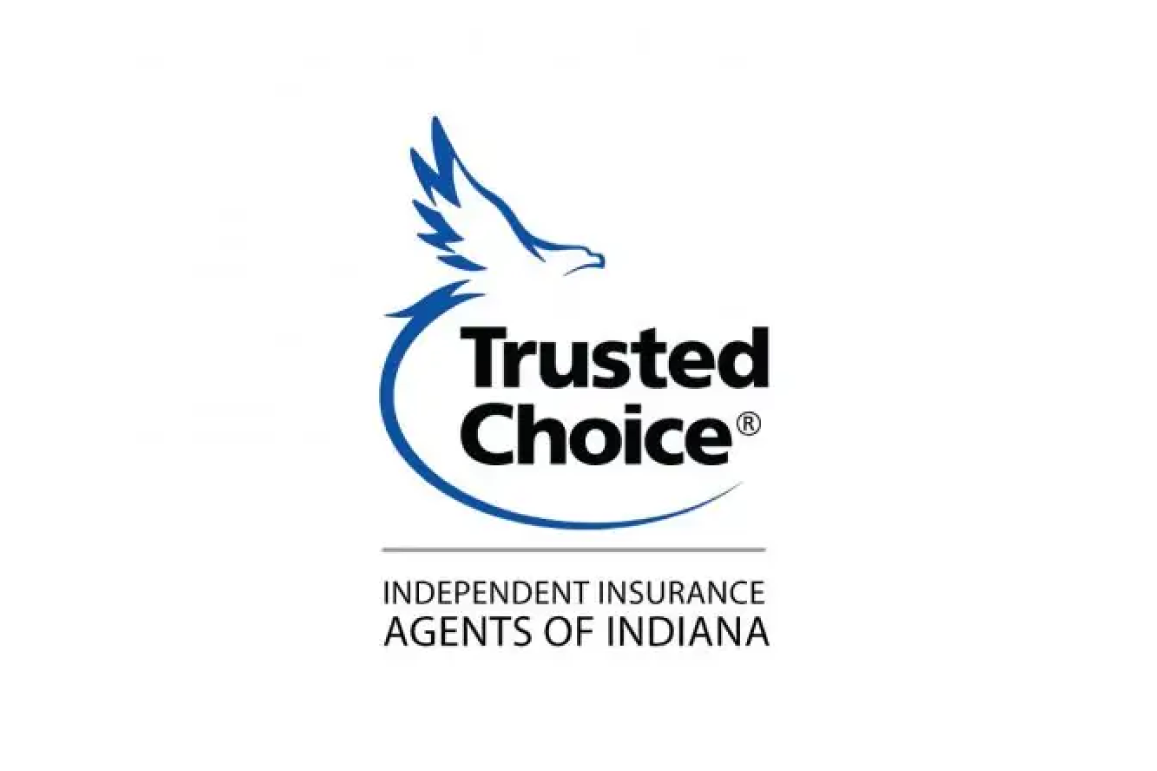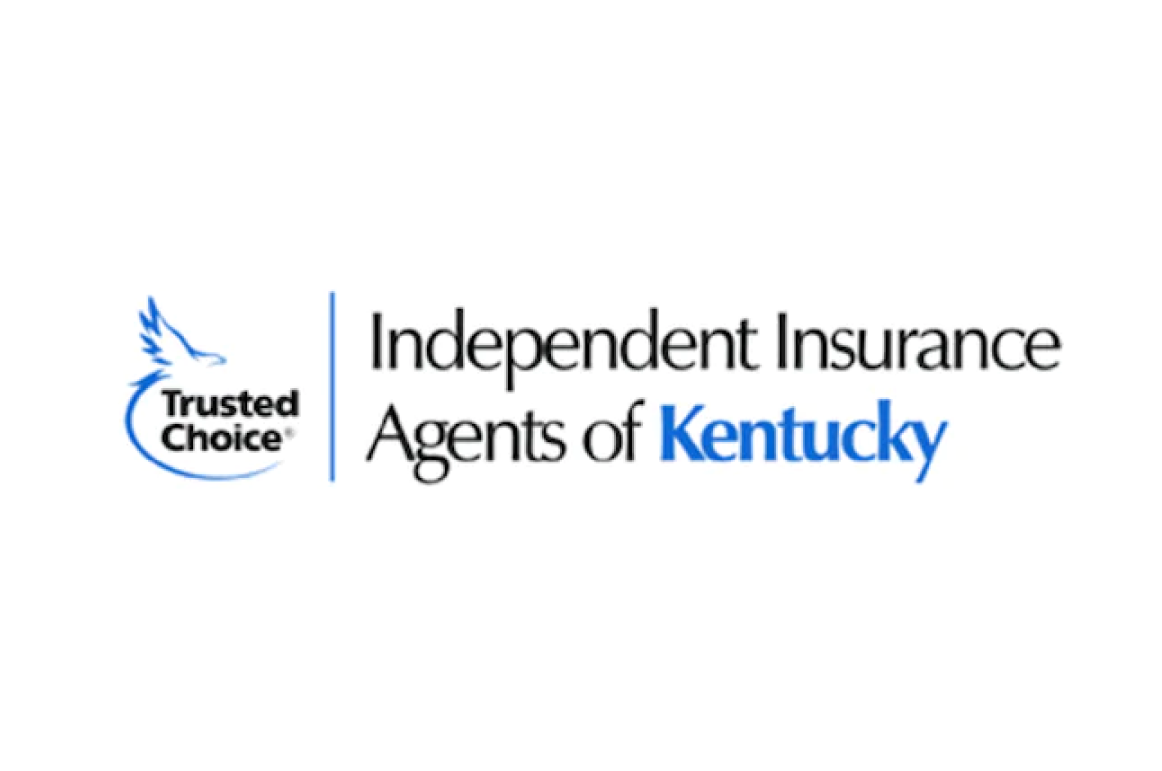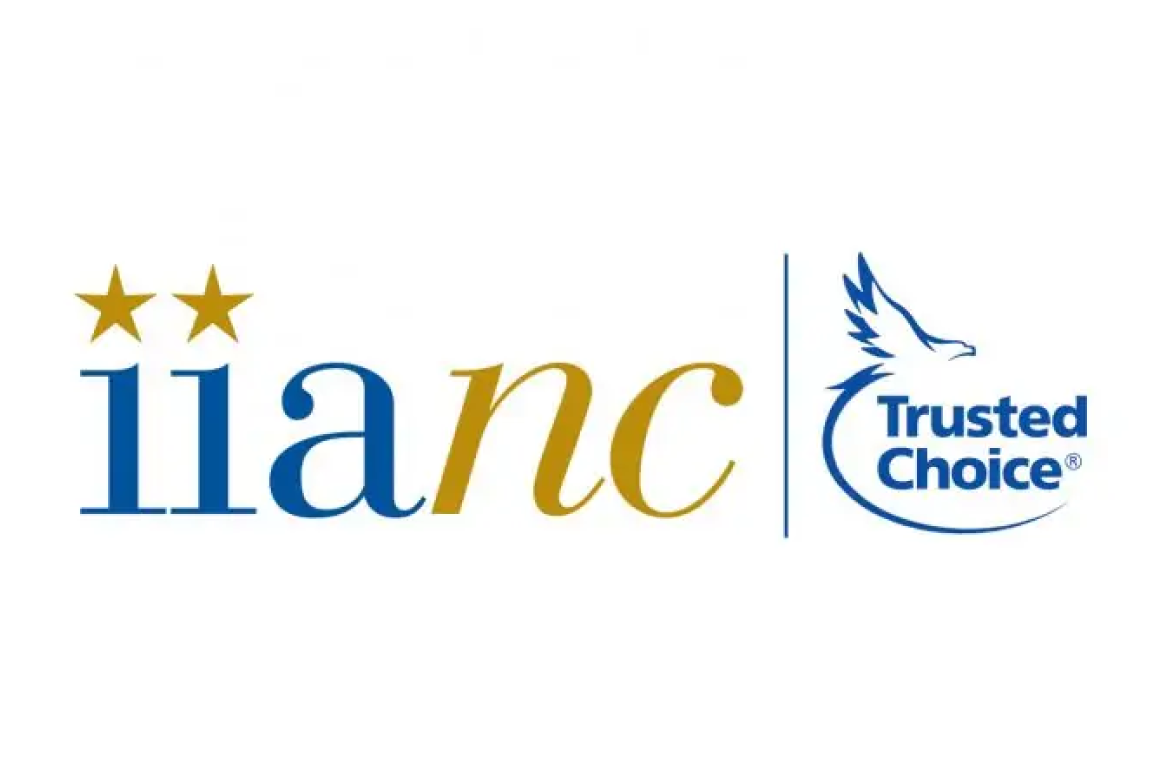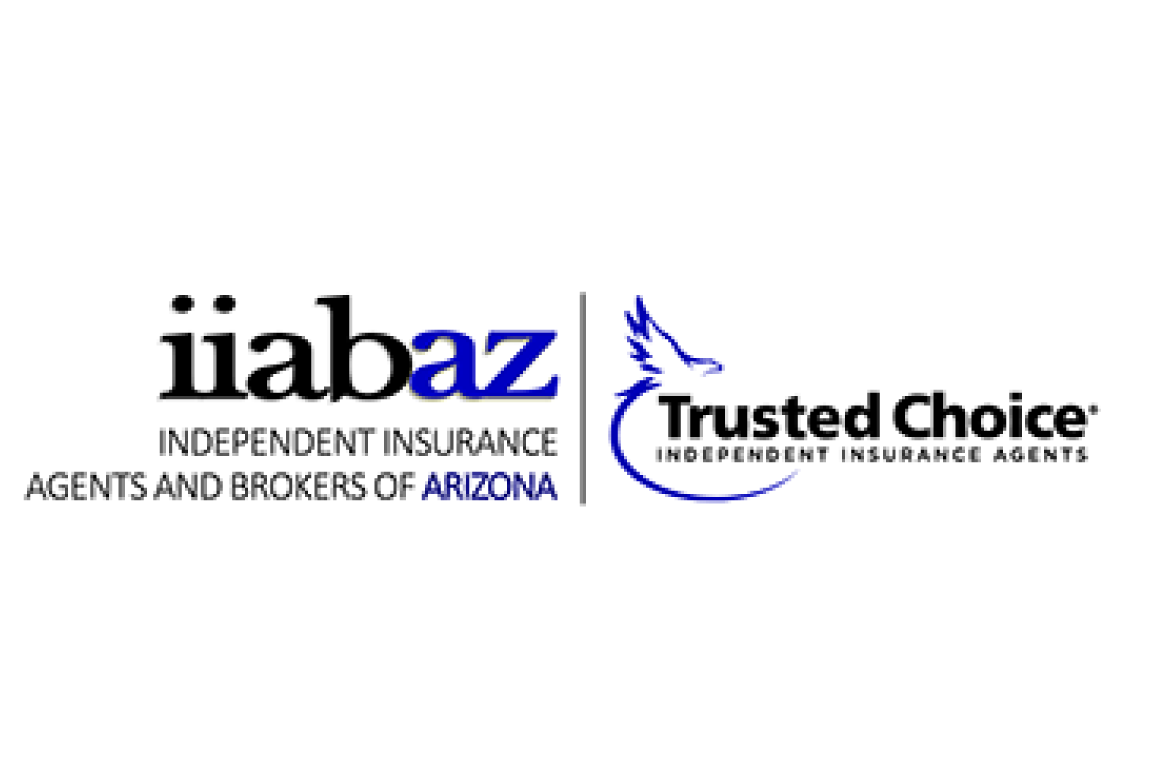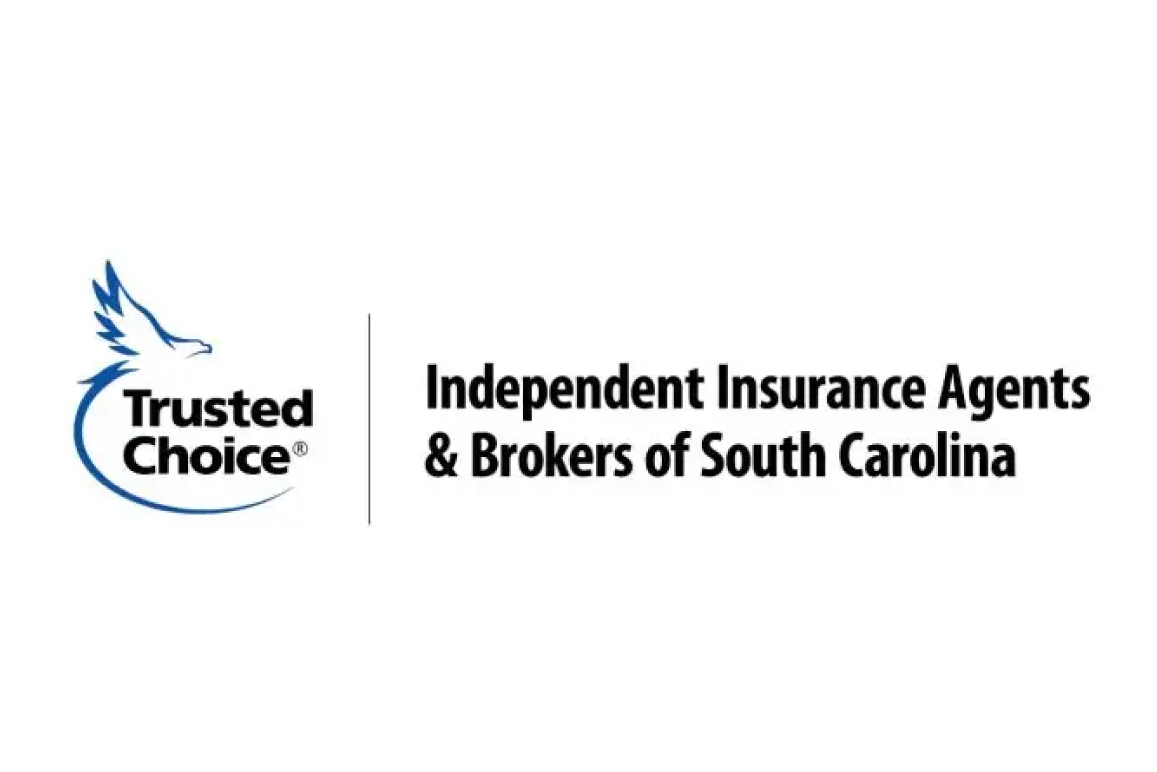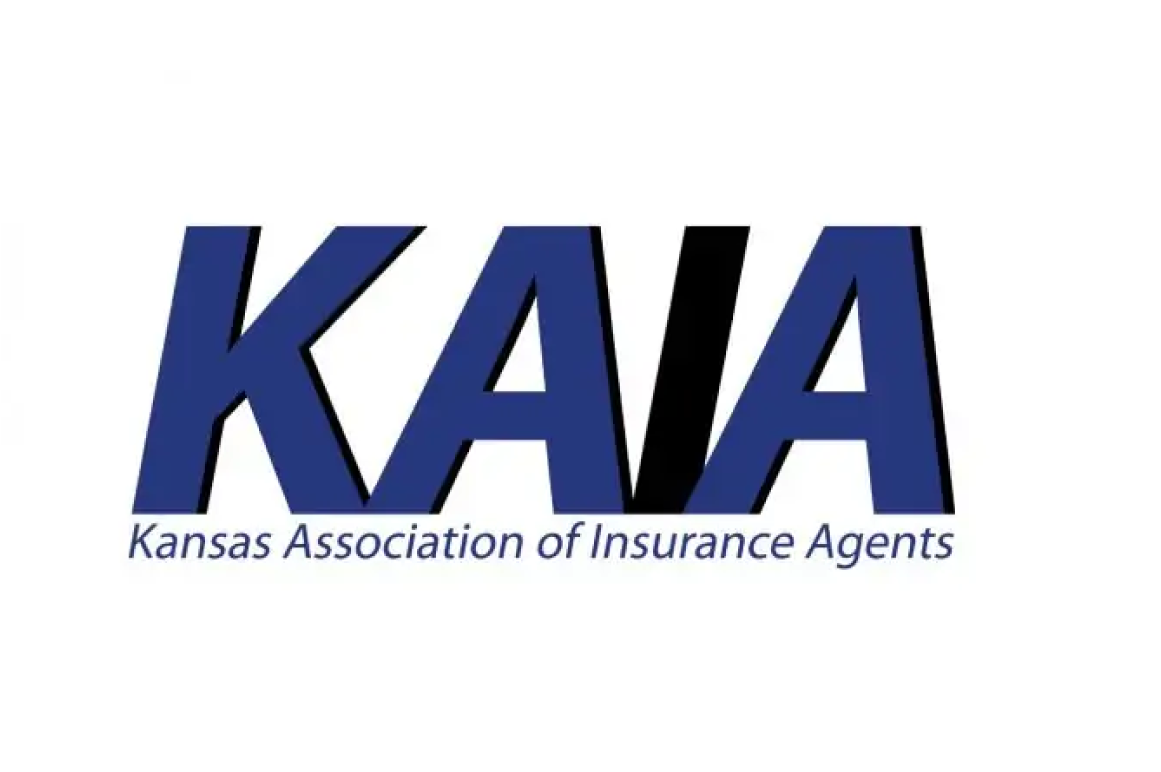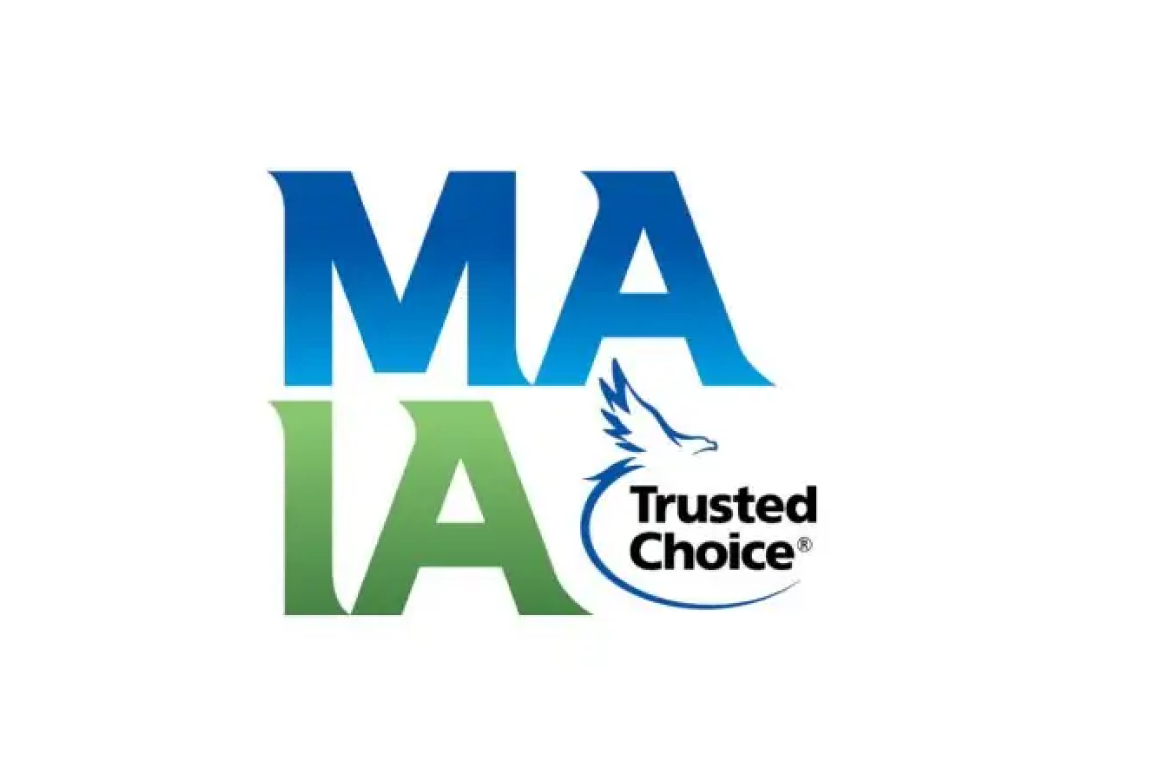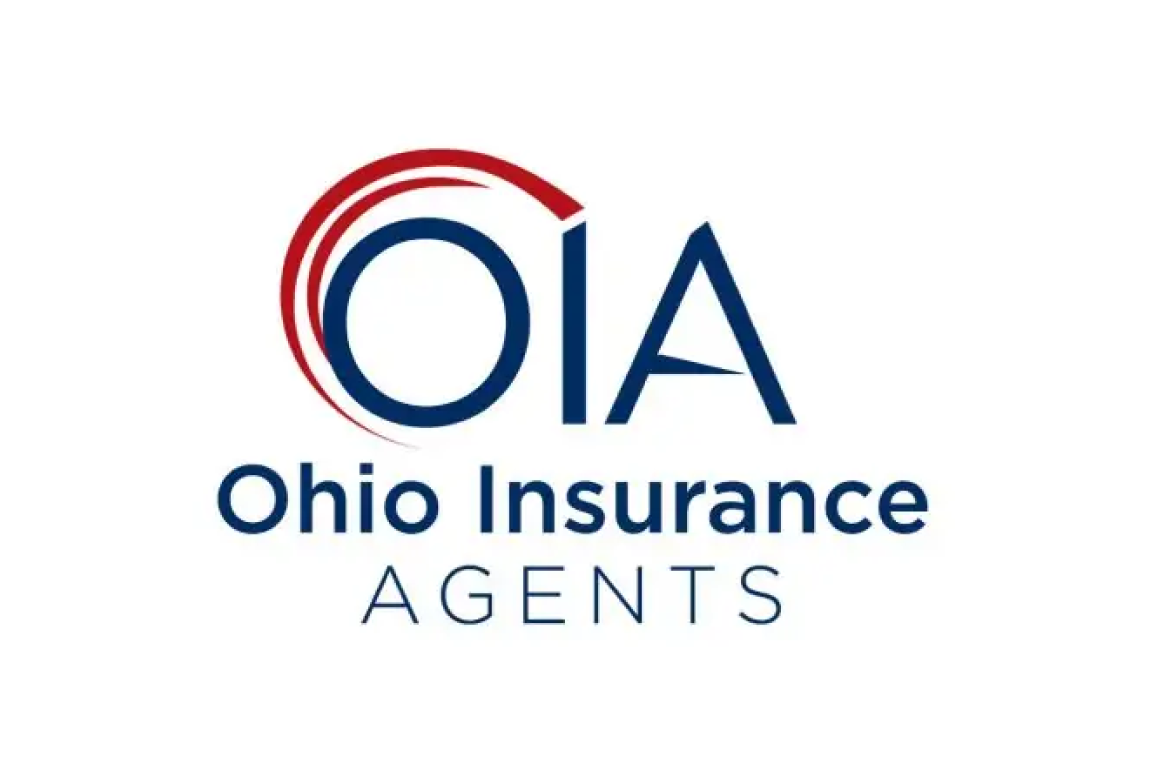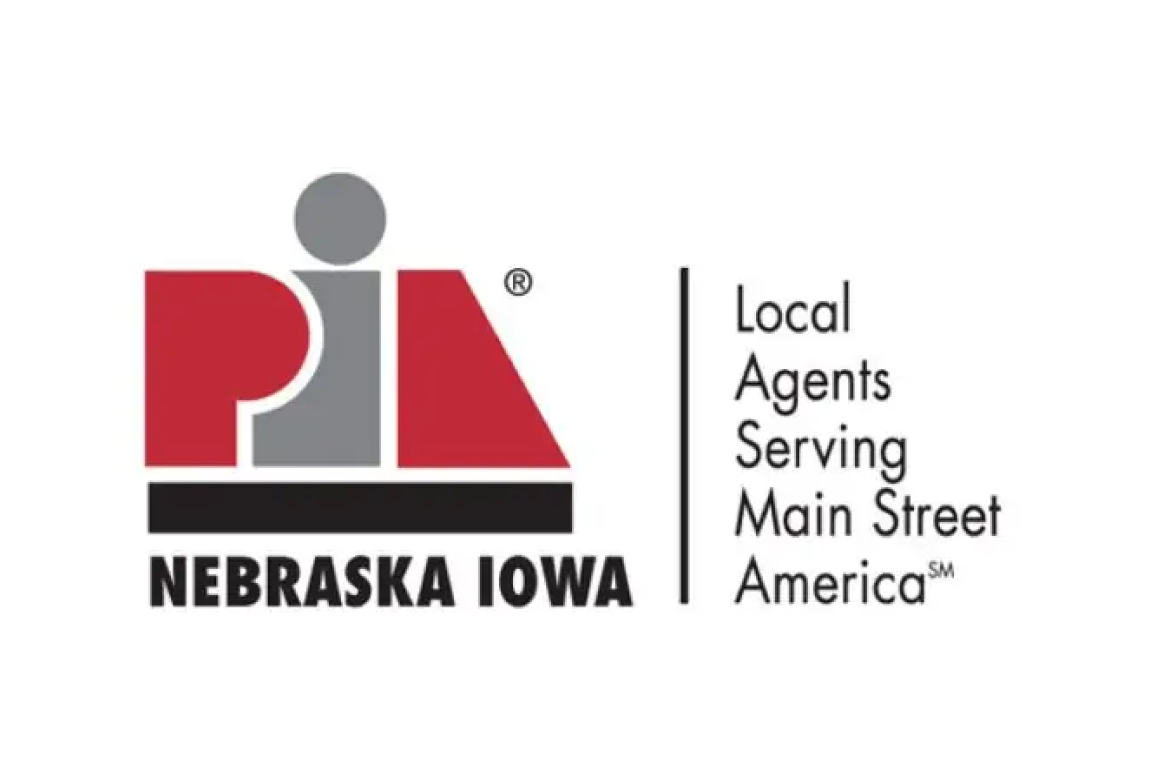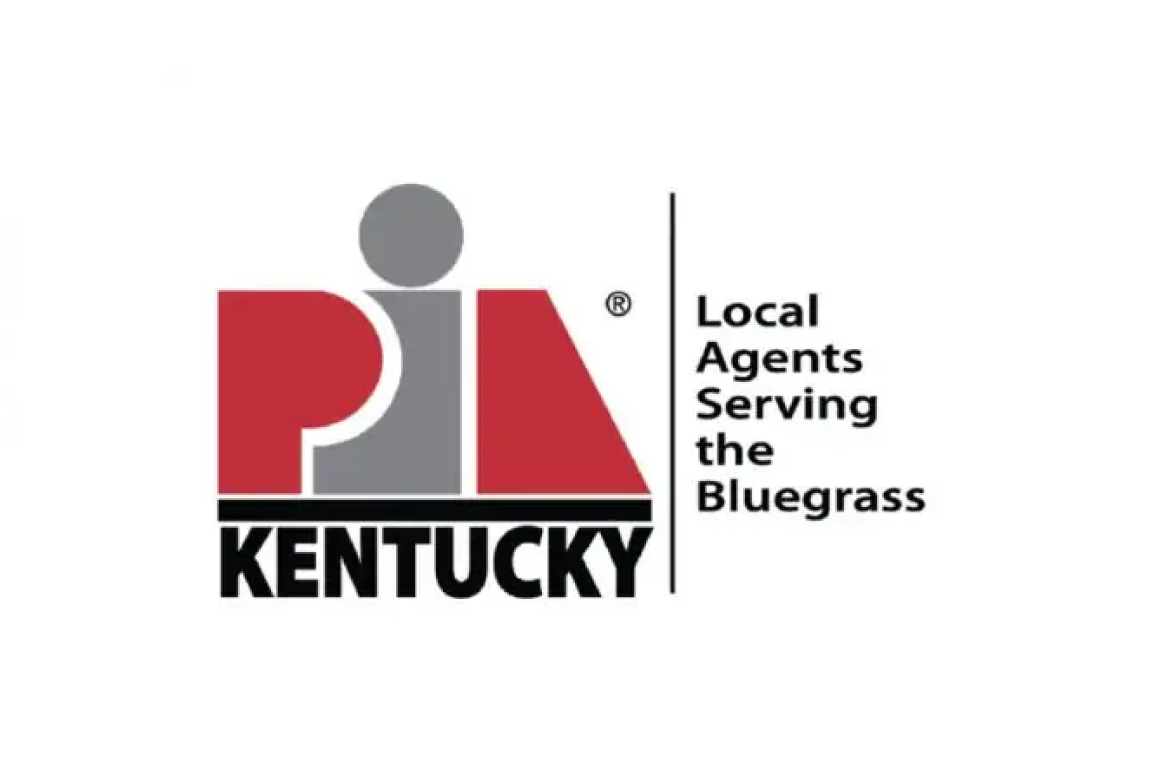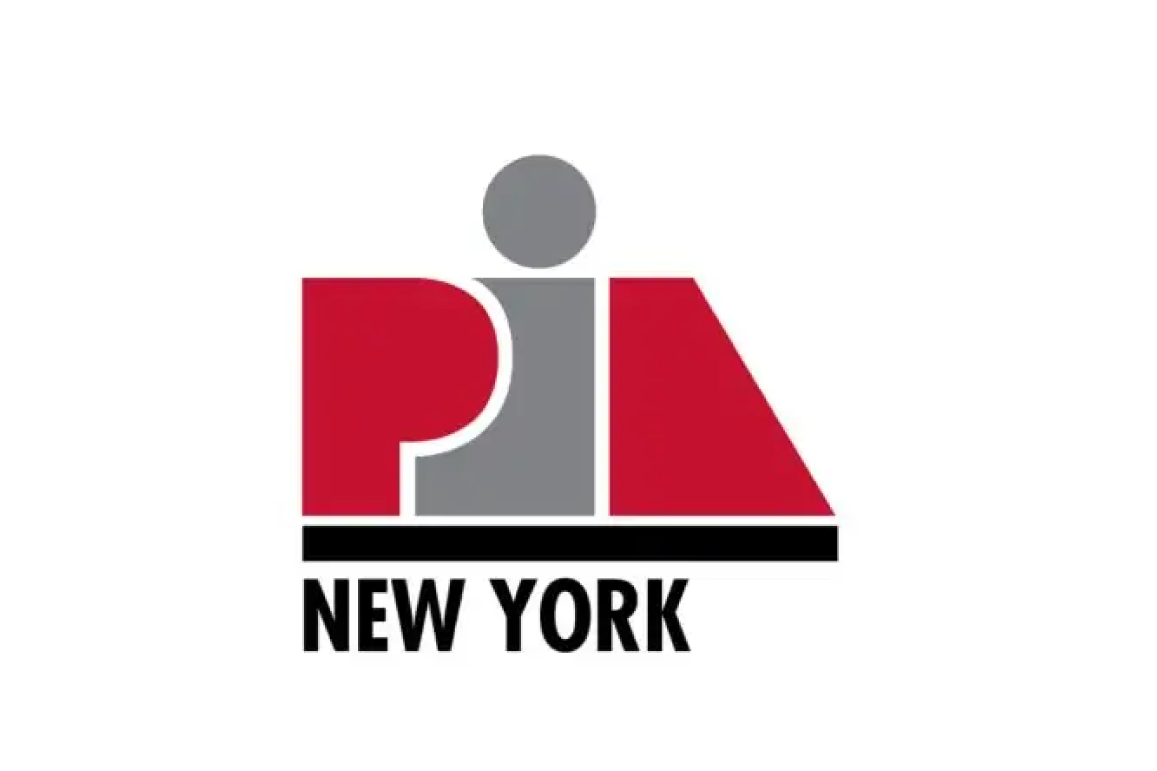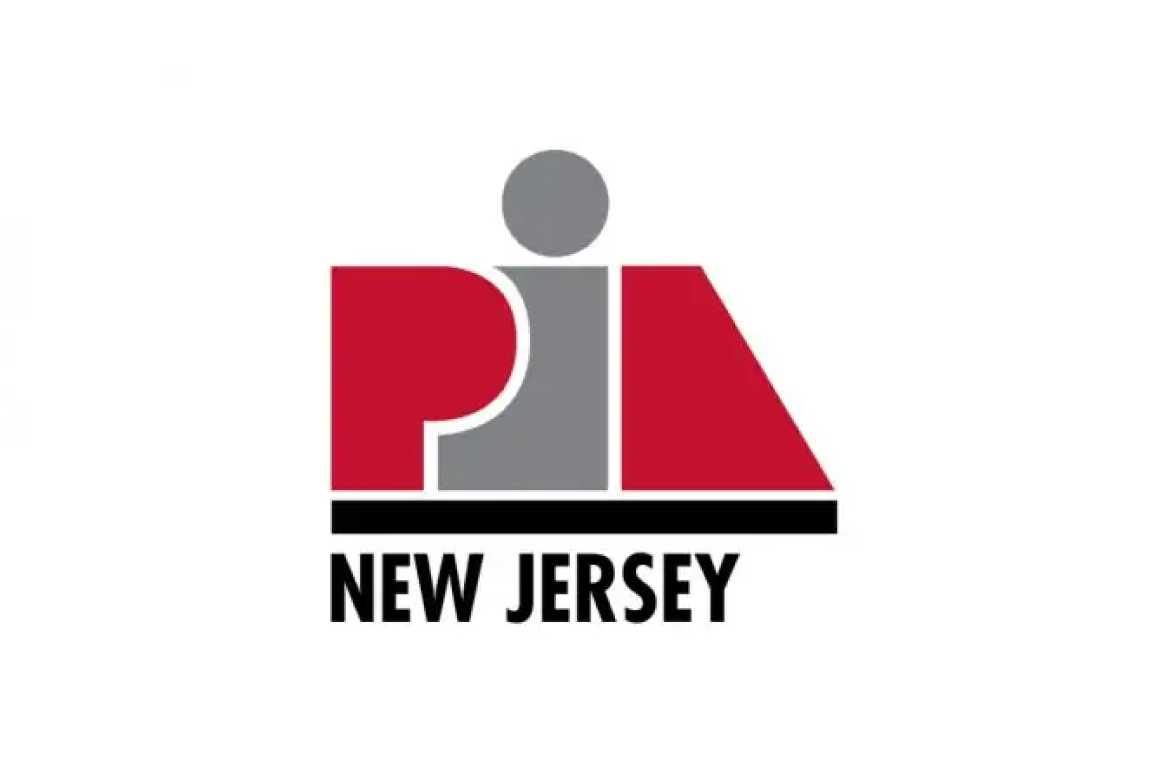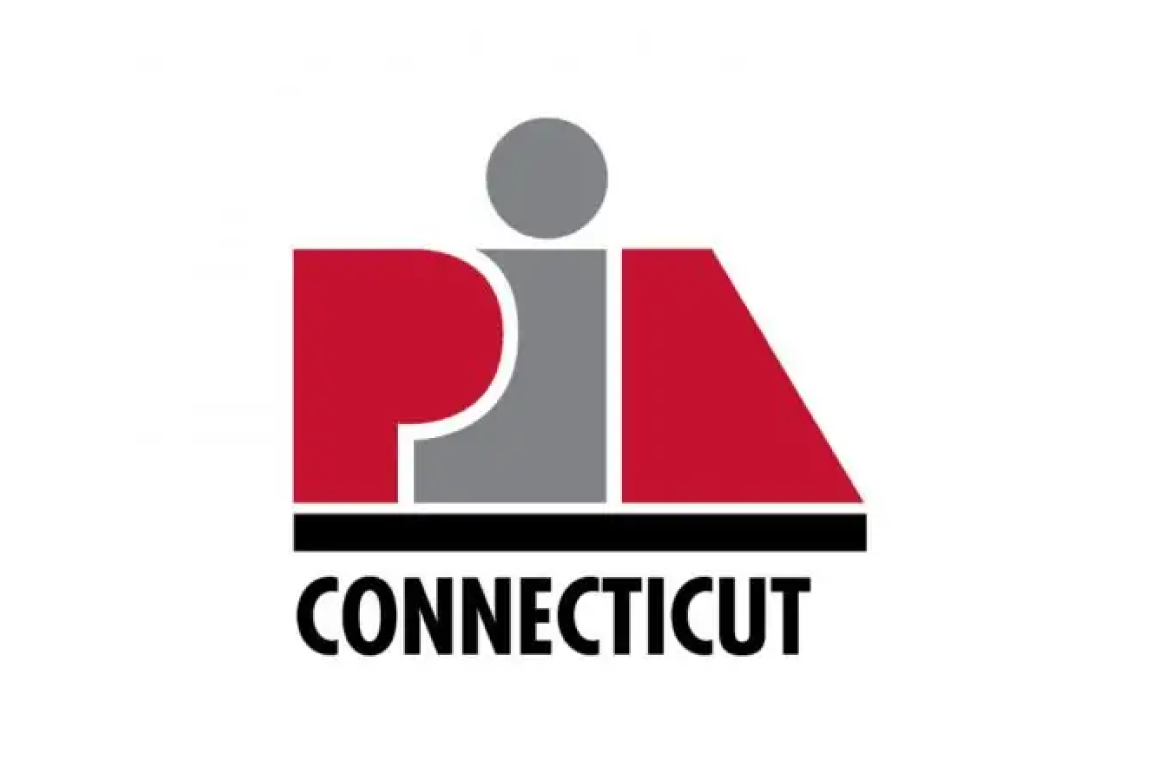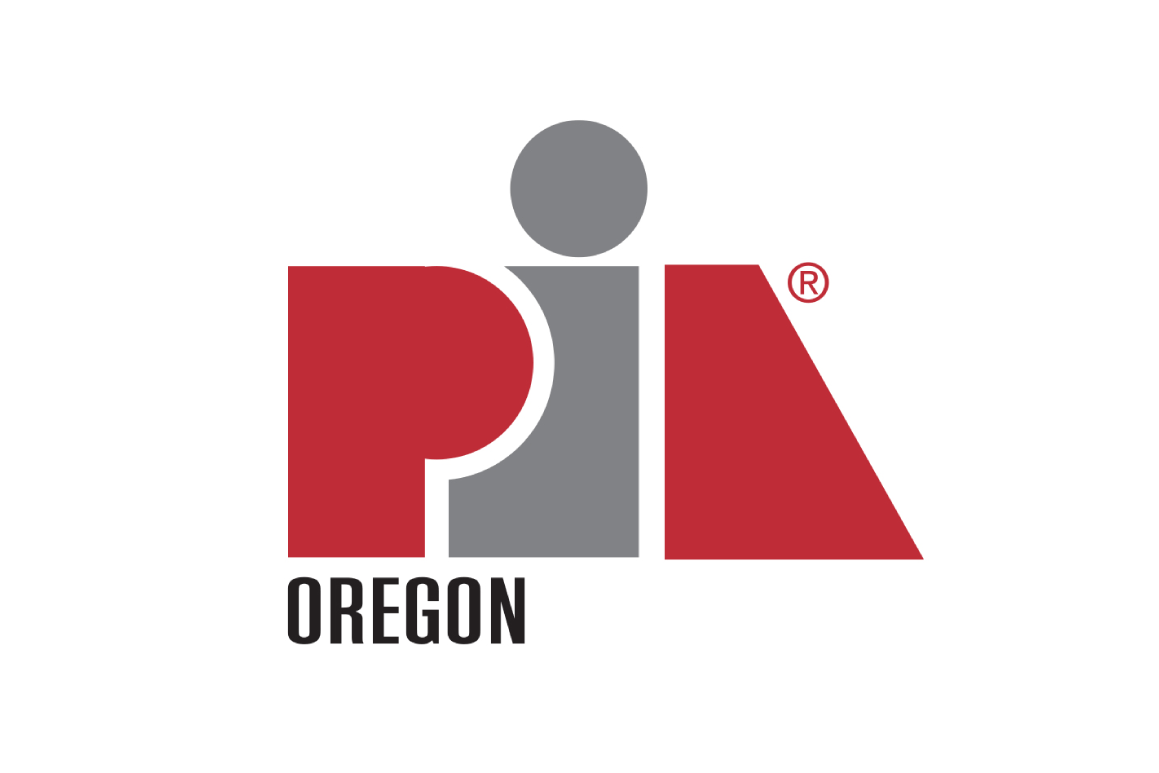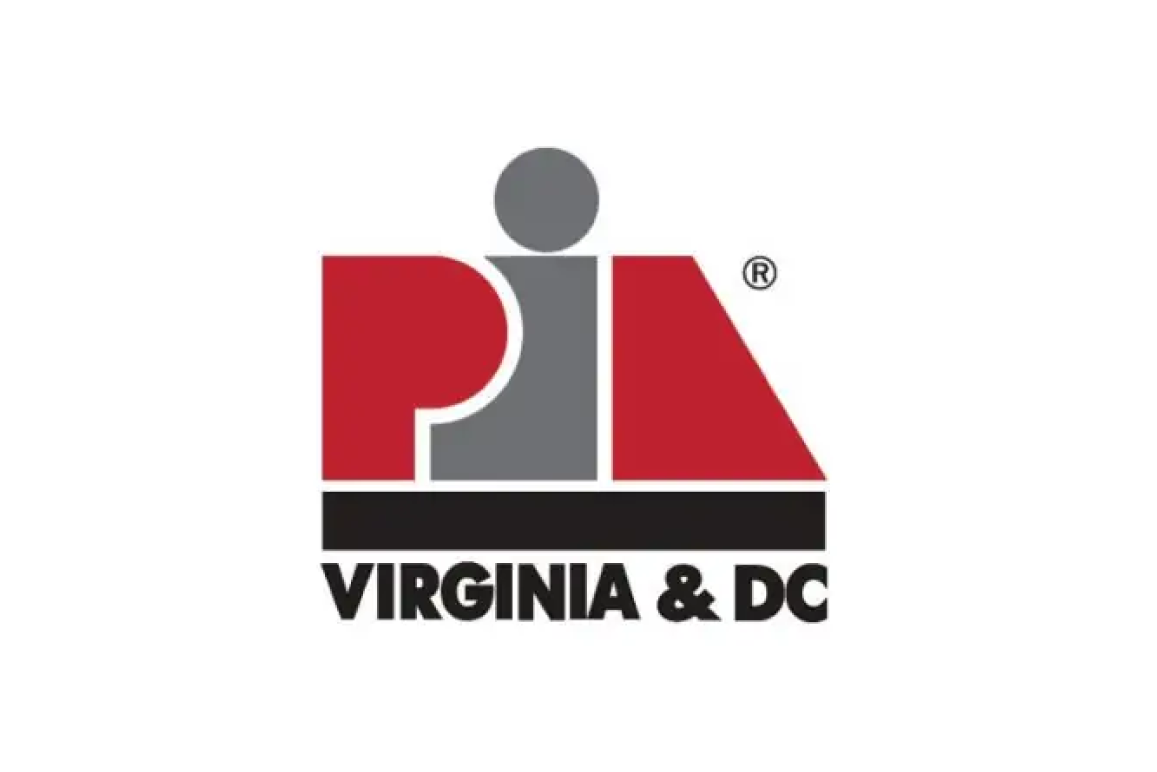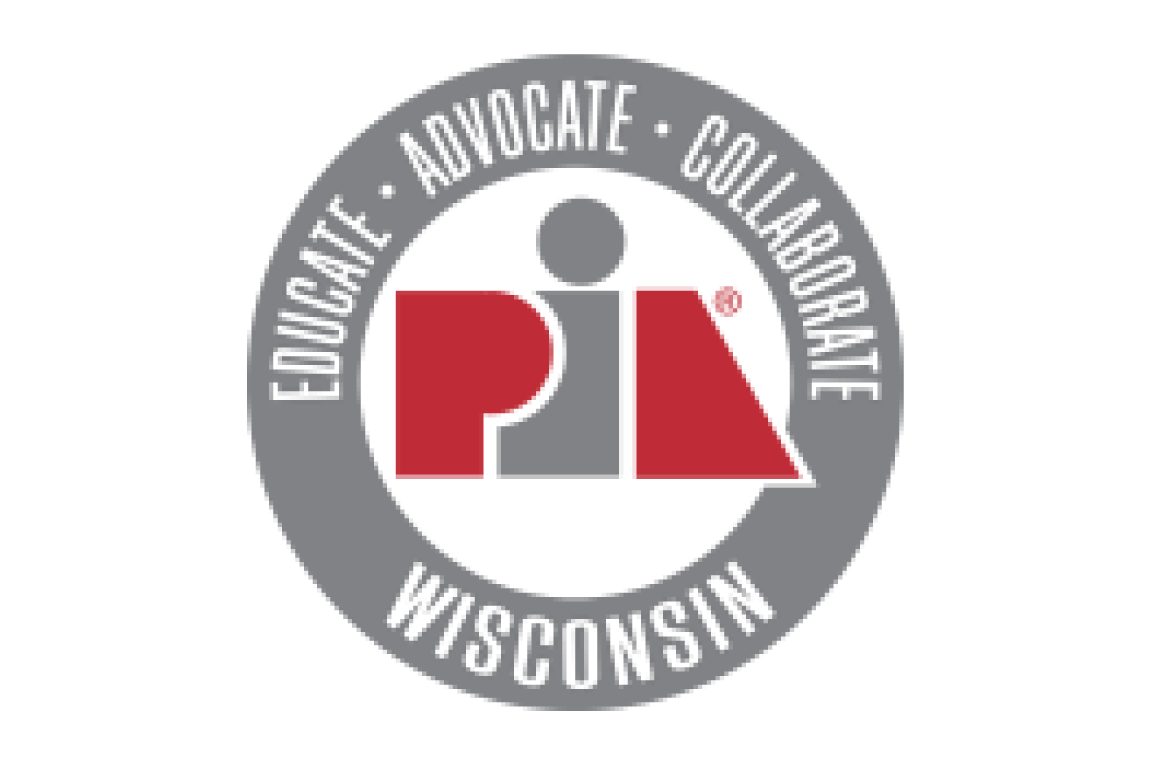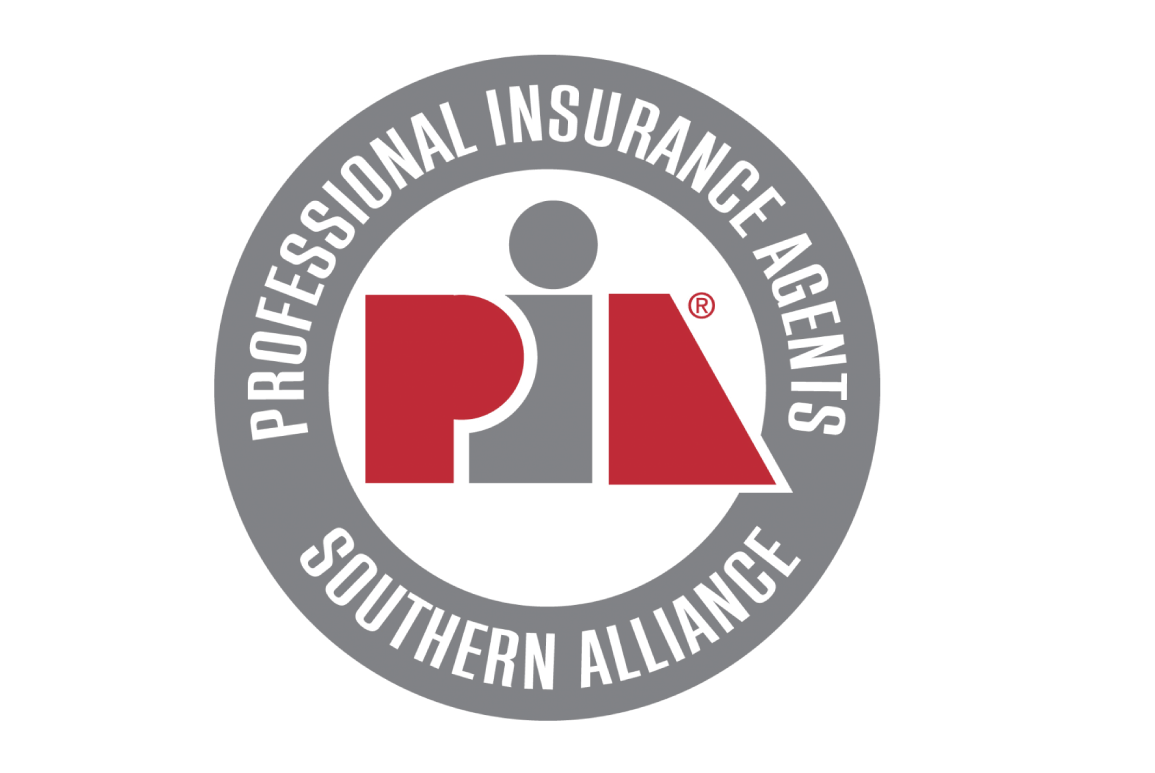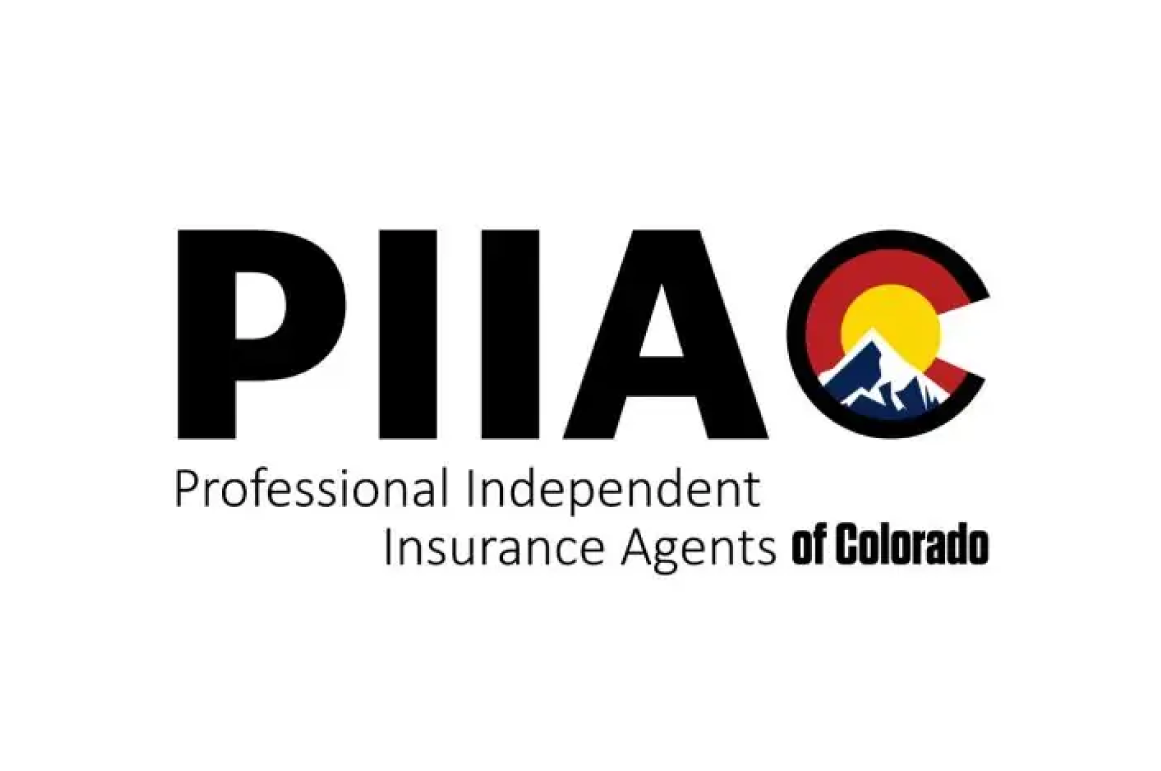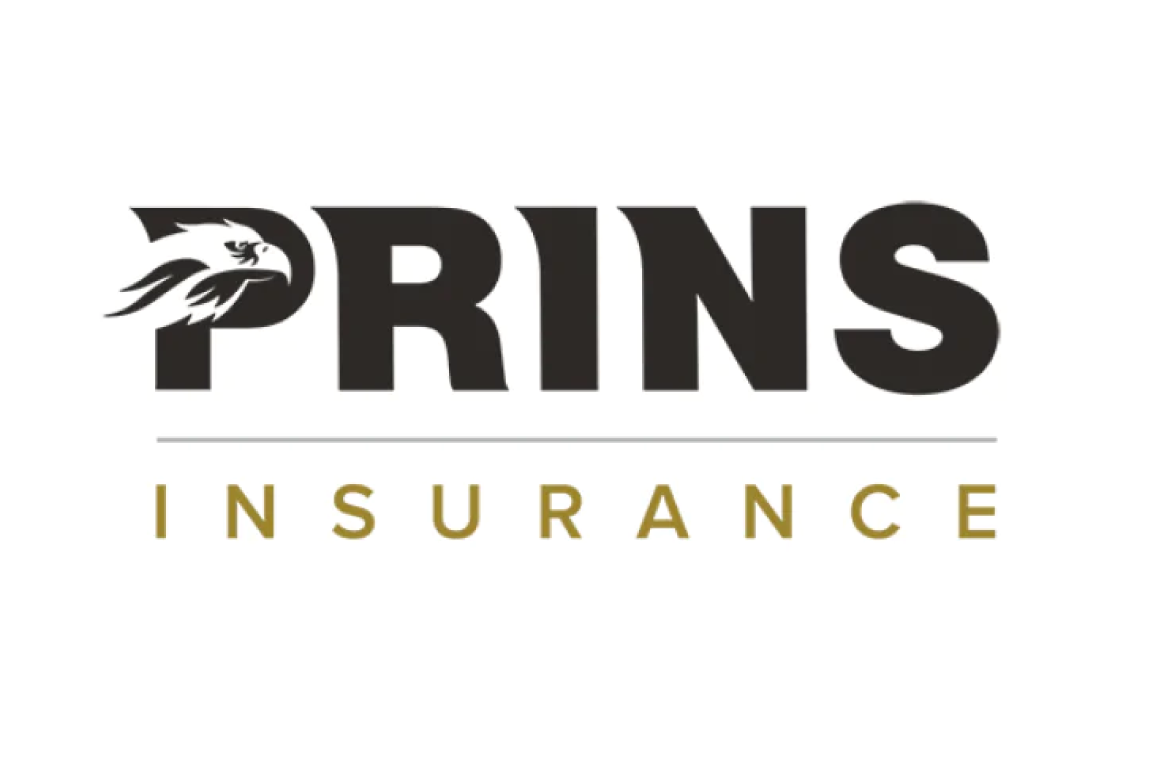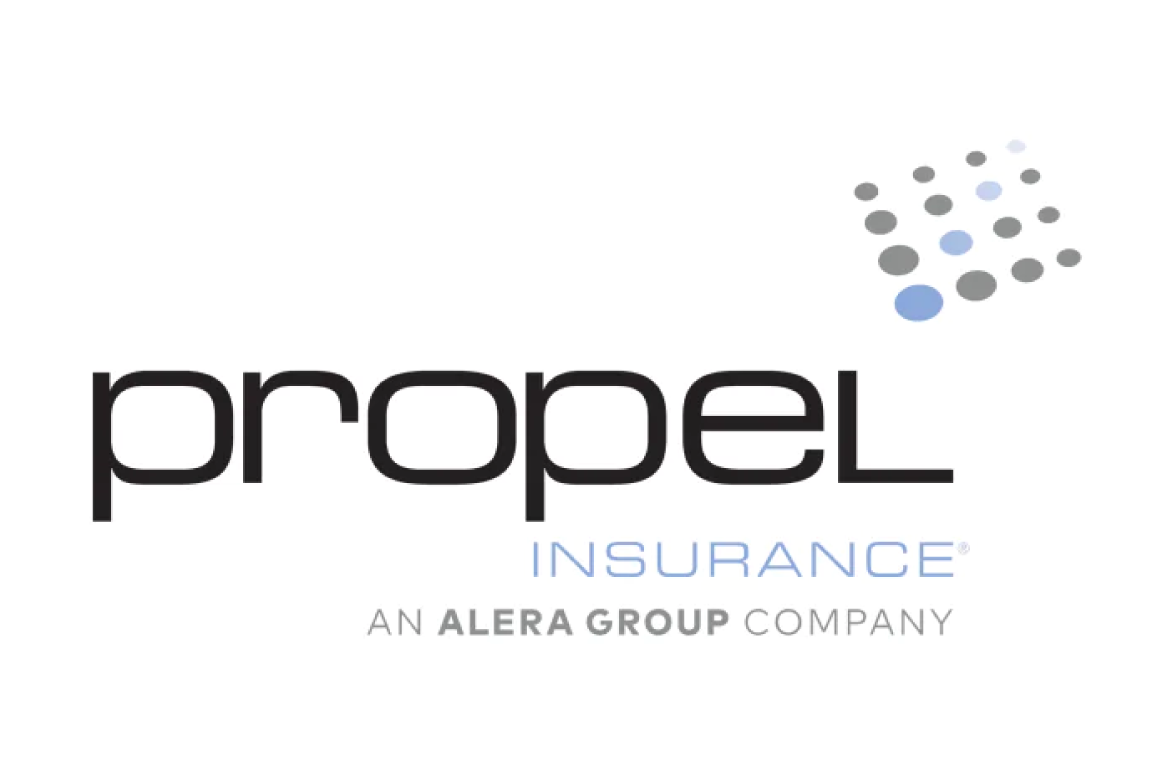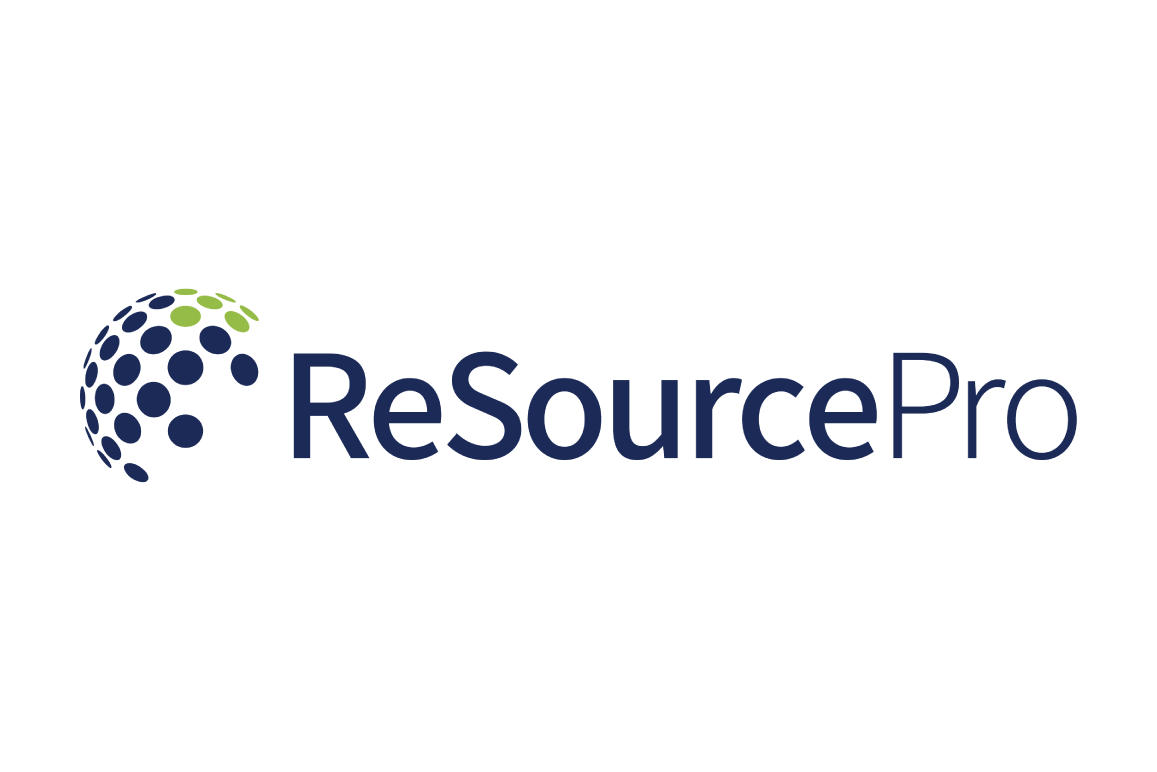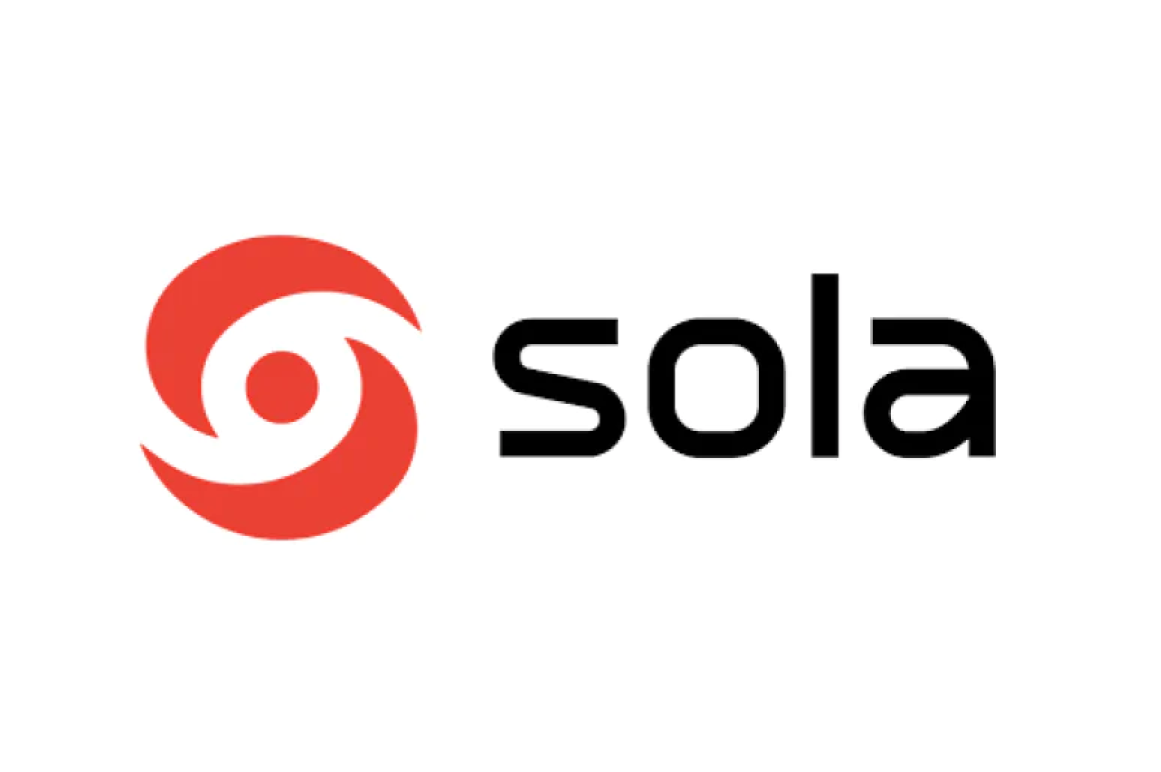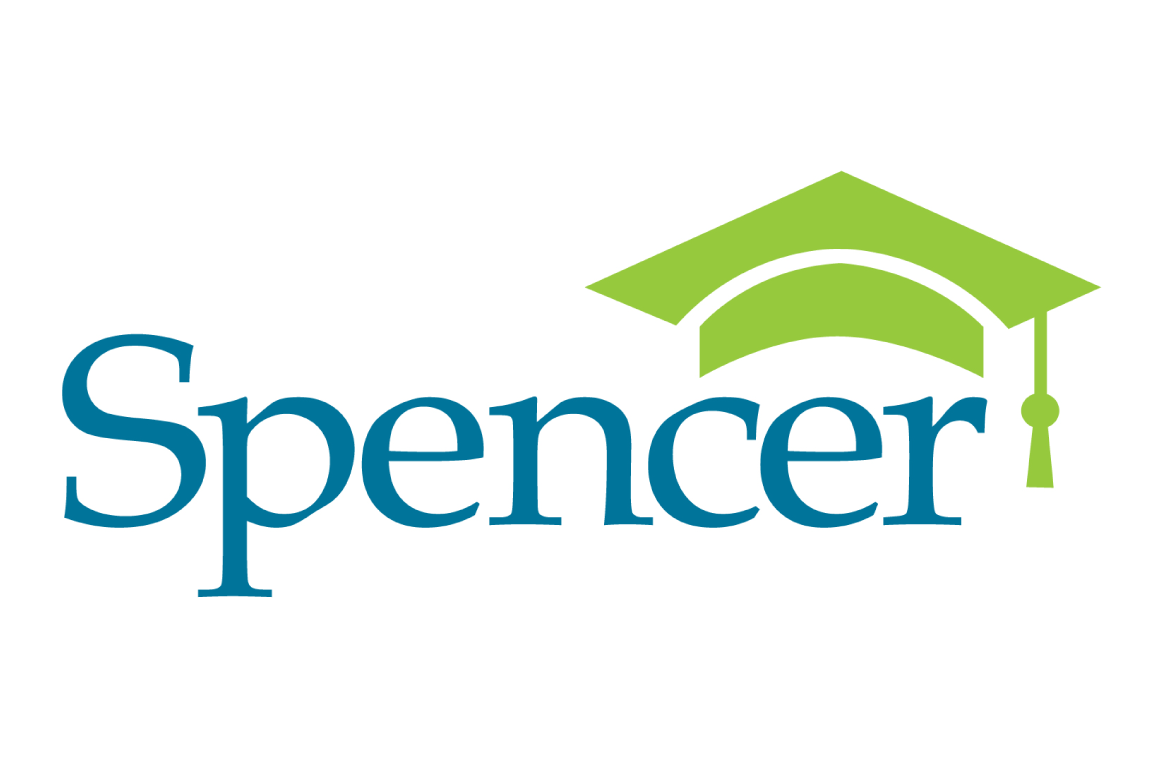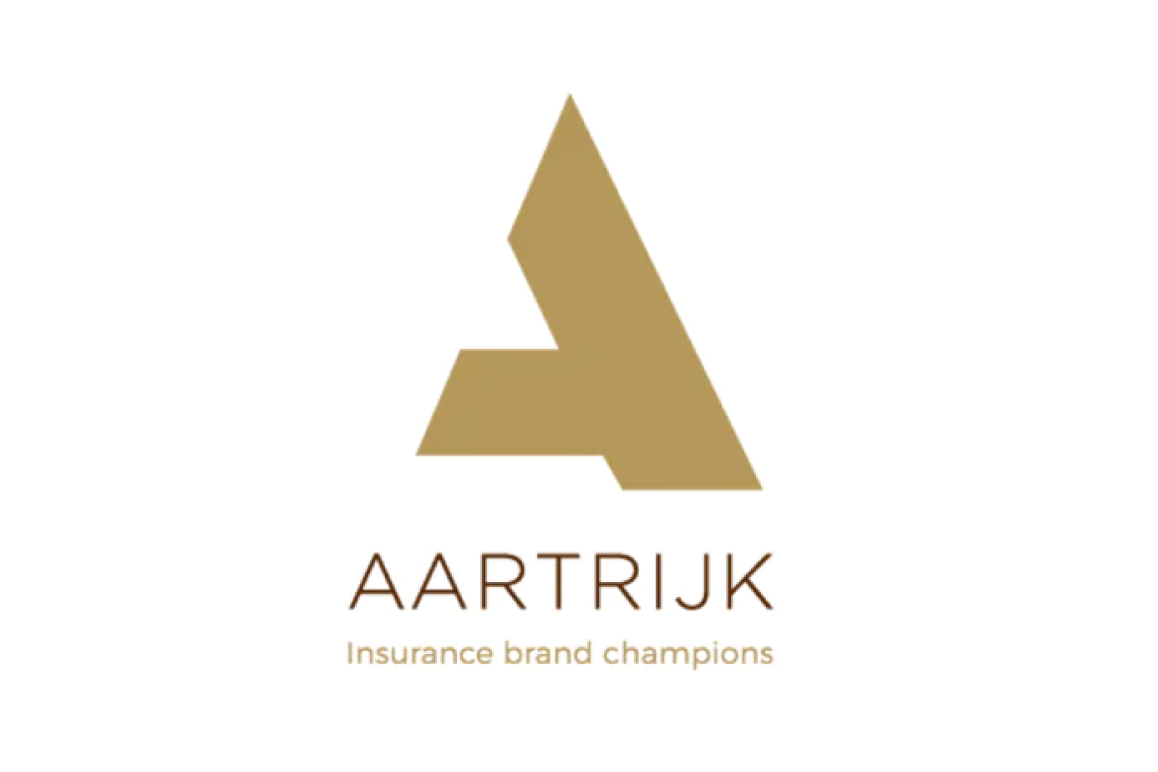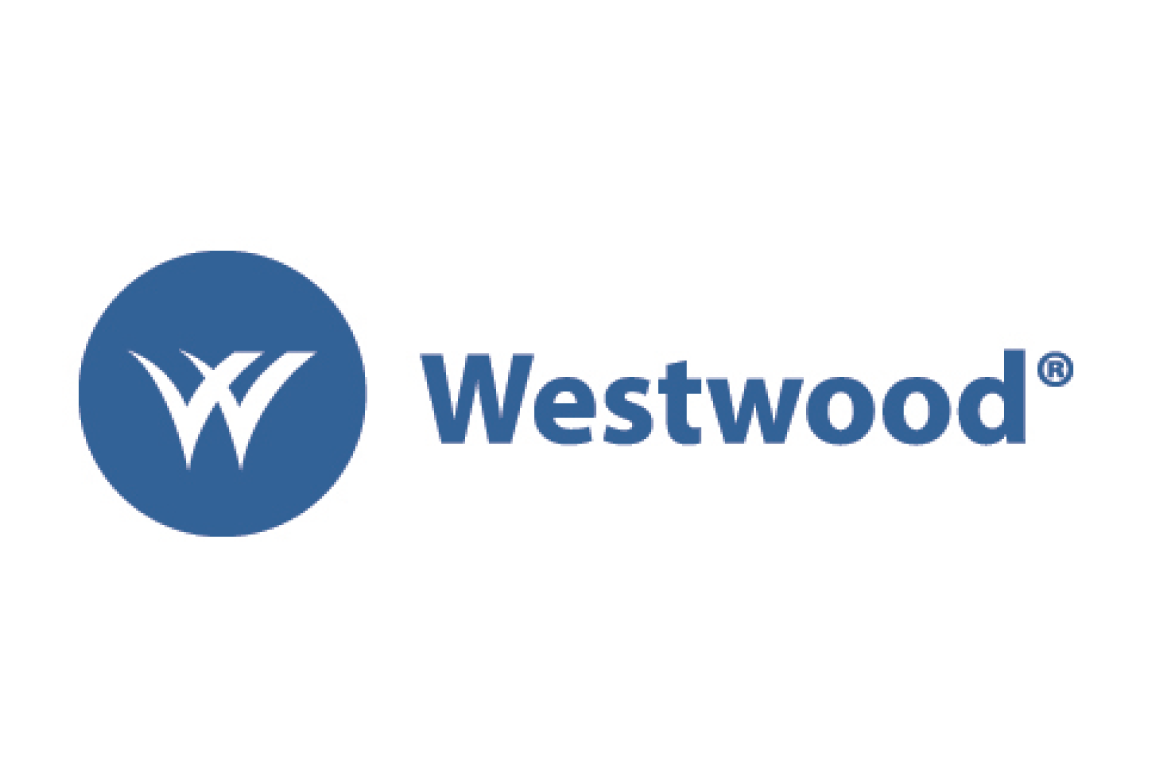Today’s talent market is competitive. Coaching can provide an edge as you seek to retain and attract top producers.
As a leader, you navigate the short and long-term priorities of your organization, which are so often in competition with one another. To manage those priorities, you’ve had to learn to be really effective in some ways, but in others, you may not feel so confident.
Is the development of new producers one of those?
In theory, I suspect you love showing new producers the way when they join your organization.
Helping to create those “lightbulb moments” might even be your most favorite thing to do. But in practice, you’re likely not able to devote to those producers the time and expertise you know they need – and deserve – in their critical first two years.
As industry sales leaders navigate this same challenge, many are choosing to outsource the coaching of new producers, as their success today is critical to their organization’s future success. Not sure if outsourced producer coaching is right for your organization? Take the first step as you ask yourself the four questions below.
 Am I ready for a new approach?
Am I ready for a new approach?
It’s no surprise that most leaders of sales teams in our industry have personal experience in sales, too. So if I asked you to describe your pathway to success throughout your own career – what would you say? Early morning networking breakfasts at the diner in town and cold calls to the businesses on your main street? Deals made through handshakes or on the backs of envelopes or cocktail napkins – and maybe even the mention of fax machines or floppy disks, too. And you wouldn’t be wrong.
That experience is valid – and those methods worked! But the habits, expectations, and tools available to those who sell and buy insurance today have changed. And what worked for you then may not work today.
Engaging with a coach, one who makes it their job to understand both the nuances of the human experience and the competitive insurance landscape, provides real-time knowledge and customized expertise, meeting your new producer exactly where they are.
 Should my producers be mentoring or selling?
Should my producers be mentoring or selling?
Chances are you’ve had at least one mentor throughout your own career, likely an experienced professional who was years ahead of you on their own career journey and took you under their wing. They might’ve lent their expertise at the office, when they turned their chair around to meet yours, helping you plan for a sales call. Maybe you even tagged along on a client meeting or two along the way, seeing their wisdom in action.
While the desire to pay it forward to new generations in the workplace is noble, in so many organizations, mentorship arrangements are informal. And without intentional action, these arrangements quickly lose their effectiveness and become unreliable as a learning tool.
Over time, that in-the-moment guidance and feedback a new producer needs becomes second to the mentor’s own clients’ needs.
It makes sense, after all, as those experienced producers aren’t being compensated to provide mentorship, they’re paid to produce. What results is a new producer who feels stuck or confused and also discouraged. Motivation may start to wane and their inability to see the contributions they’re making may cause their overall enthusiasm to wane, too.
A coach can, at regular intervals, listen for those challenges and provide in-the-moment feedback that is so critical in keeping the momentum when a new producer is just getting started.
 Am I looking for a “quick fix” or a long-term solution?
Am I looking for a “quick fix” or a long-term solution?
As we consider the generational shifts occurring within the industry, Forbes reports that 76% of the newest generation of employees in the workforce (Generation Z) see learning as the key to their career advancement. About 83% of Gen Zers want to learn skills to perform better in their role.
As we’ve grown accustomed in the industry, learning often takes place more formally, in a classroom setting, either in-person or virtually these days. But you know that feeling. You take in a volume of high-quality information, but as soon as you step out of the classroom, there are emails, voice and text messages to return. And so much of that learning is now lost.
So in order for learning to be continuous, the producer needs a forum to practice and implement that new learning as they navigate the unpredictable nature of the days that follow. When it follows the completion of a more formal training program, a key benefit of producer coaching is the accountability it provides, ensuring the producer continues to practice the short-term habits that become the foundation they need in order to meet their long-term goals.

Am I ready to make an investment?
Coaching is an investment with benefits that you just won’t see on your income statement. Consider coaching as a supportive tool for your employees that drives their engagement within your organization. The psychologically safe space developed between a producer and coach allows for the sharing of celebrations, challenges and vulnerabilities, a key desire for employees in the workplace today, according to the World of Work Project.
As other organizations continue to introduce new and innovative benefits, providing access to coaching can help to solidify yours as a forward-looking organization that is invested in the long-term success of your producers, too.
Lastly, don’t forget that your experienced producers can benefit from coaching, too. With many people re-evaluating how “work” fits into “life,” even those tenured producers, successful by your measure with a healthy book of business, may be ready for a change. Engaging with a coach, like Meg McKeen from the Dynamics Producer Coaching Program, can provide a fresh perspective and the motivation producers need in order to keep showing up at their best.
Dynamics Producer Coaching
Open to only twelve insurance producers, the 8-week course teaches participants how to gain confidence and sell insurance successfully. Through both instructor-led and open-forum sessions, all in a safe, virtual environment, producers will learn new and relevant methods for building relationships with ideal clients, find accountability for their progress toward meeting goals, and build a community of peers to support a growing insurance career.


 Am I ready for a new approach?
Am I ready for a new approach? Should my producers be mentoring or selling?
Should my producers be mentoring or selling? Am I looking for a “quick fix” or a long-term solution?
Am I looking for a “quick fix” or a long-term solution?

